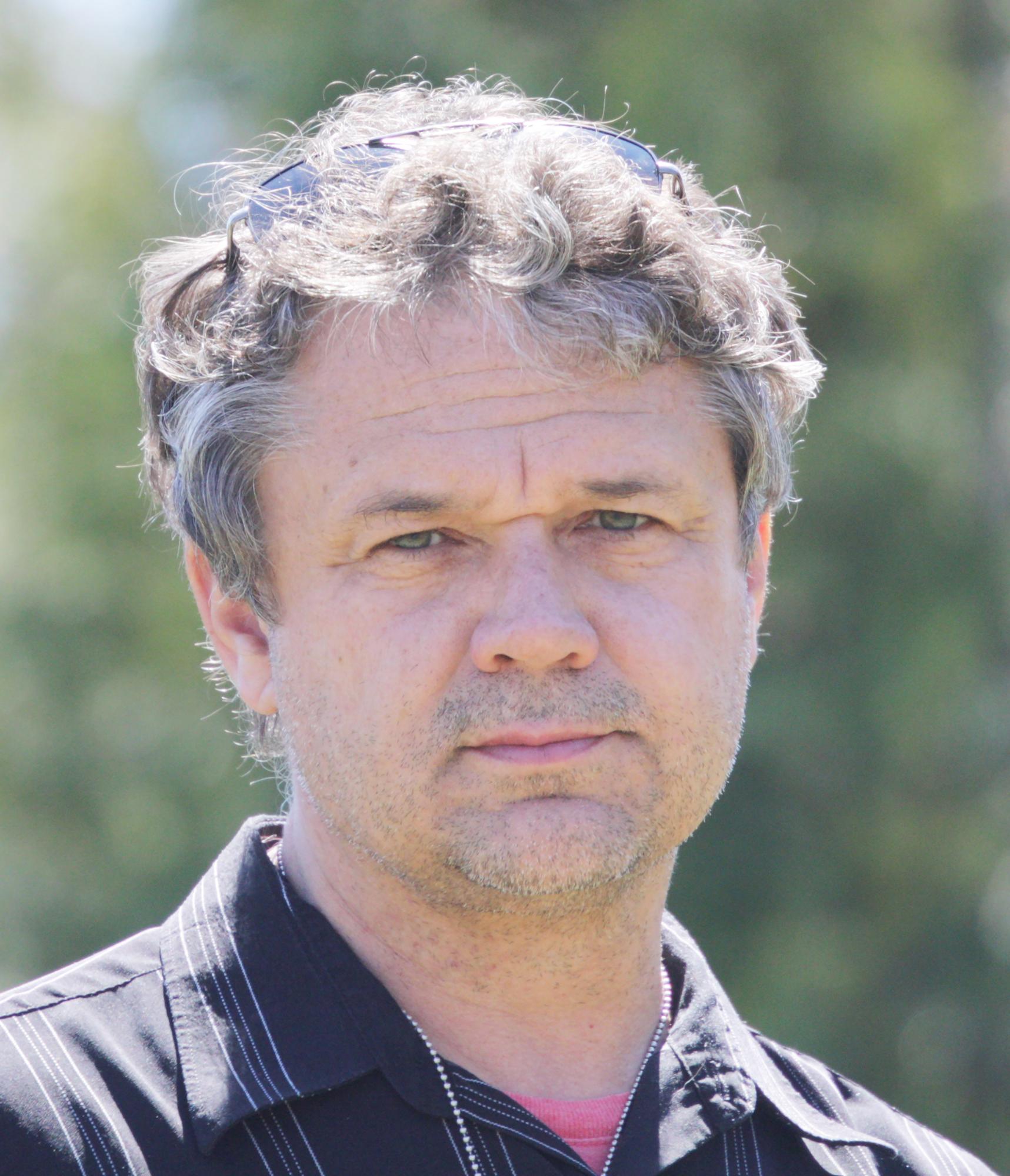研究セミナー Deregulation of mammalian embryonic stem cells by poly(ADP-ribosyl)ation
| 講演 | |
|---|---|
| 日時 | 2023年10月16日(月)15:00-16:00 |
| 場所 | 吹田キャンパス 生命機能研究科 ナノバイオロジー棟3階 セミナー室 |
| 言語 | 英語 |
| 世話人 |
甲斐 歳恵(生殖生物学研究室・教授) |
要旨
The stem cell's capacity to undergo transformative changes, differentiate and generate cells with other functions was a pivotal cornerstone process that facilitated the emergence of multicellular organisms. We found that poly(ADP-ribosyl)ating pathway is a crucial regulator of these. The mutating pathway does not change ES cells' proliferation potential or viability but modify the transcriptional profile of ES cells. These changes disrupt the cell's stemness capacities and ability to differentiate. At the organismal level, mutating pathway genes arrests mice development sharply at the postimplantation stage. The inner cell mass was formed quite correctly, but, similar to ES cells in vitro, further differentiation was arrested. Mutant ES cells are able to develop embryo bodies in vitro and teratomas in vivo; however, unlike wild type, mutant cells differentiation is mostly biased toward lesser differentiated ectodermal fate. The transcriptomics analysis demonstrates that poly(ADP-ribosyl)ating pathway represses metabolic genes and activates developmental genes, including a subset of genes controlling stemness and pluripotency. Thus, this pathway is essential for maintaining the delicate balance between metabolic and developmental programs to ensure stem cell self-renewal and pluripotency. The similar transcriptional control, regulated by poly(ADP-ribosyl)ating pathway, we reported happening in cancer cells.
経歴等

Dr. Tulin received his Ph.D. in Epigenetics from Moscow State University. He was an associate professor at Fox Chase Cancer Center which is a part of of the Temple University System. The long-term goal of Dr. Tulin's research is to explore epigenetics pathways to understand how cells can undergo rapid, local and reversible chromatin reprogramming, thus fine-tuning the induction of local gene activity.
His key discovery has been that Poly(ADP-ribose)Polymerase 1 (PARP1) controls chromatin decondensation at large number of loci including hormone-dependent developmental, heat shock responsive, and immunity genes. Understanding how PARP1 acts within normal, undamaged chromatin advances our knowledge of developmental gene regulation and facilitates the development of new anti-cancer drugs for clinical applications and of methods to experimentally re-program gene expression.
